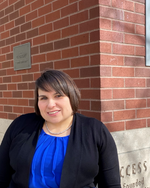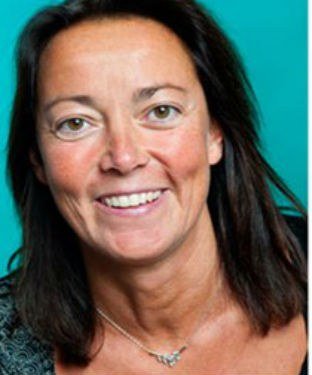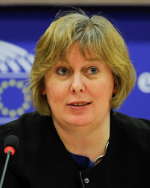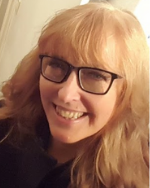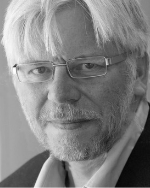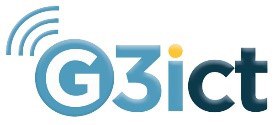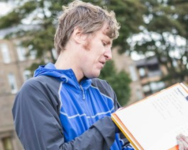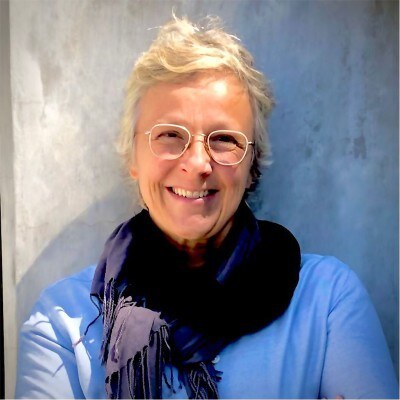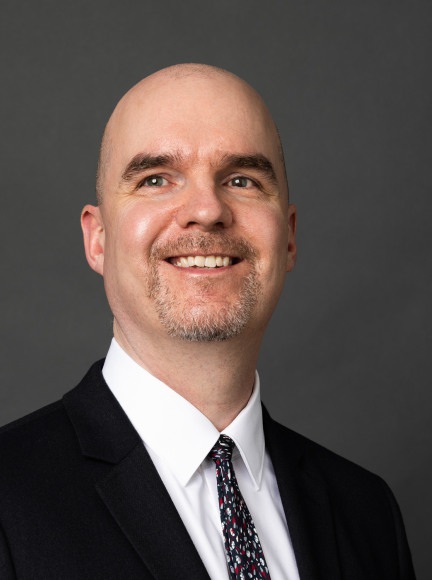Accessible Theatre in Guatemala
Posted on May 03, 2024
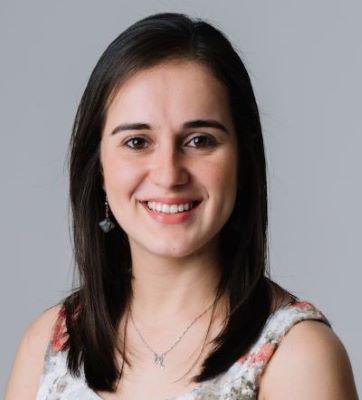
G3ict Country Advisor Georgia
"In the theater, limits disappear, and imagination is set free, creating a world where
anything is possible." Extracted from the article written by Paloma López.
There is no doubt that with will and perseverance, anything is possible. The dream of "Theater for Everyone in Guatemala" from over 6 years ago has become a reality in 2023, overcoming barriers and eliminating limits. Theater in Guatemala is now beginning to make accessibility adjustments for people with sensory disabilities.
Adding to this aspiration, the Convention on the Rights of Persons with Disabilities, in its Article 30, states: "States Parties recognize the right of persons with disabilities to participate on an equal basis with others in cultural life and shall take all appropriate measures to ensure that persons with disabilities: Have access to cultural material in accessible formats and also have access to television programs, films, theater, and other cultural activities in accessible formats."
In pursuit of this premise, the Colectivo de Accesibilidad, S.A met with the theater company Escenarte in mid-2023, where producers Samantha de la Garza and Juan Pablo Asturias expressed their interest and willingness to carry out this project. With various meetings and validations from both organizations, the first pilot of Accessible Theater began in August with the play "Perfect Crime," where reasonable adjustments were made for visually impaired individuals to enjoy the theater.
Following this inclusion project, Escenarte and Colectivo de Accesibilidad, S.A. thought about conducting a second pilot of "Accessible Theater,’ adding reasonable adjustments for deaf individuals this time. Therefore, preparations began in September to provide these adaptations in the musical "Little Women" by author Louisa May Alcott.
In this preparation, Escenarte shared the script of the play with the Colectivo de Accesibilidad, S.A team so they could familiarize themselves with the work. They validated the script with the Guatemalan sign language interpreter and the person who would provide audio description for the play—individuals previously contacted by Colectivo de Accesibilidad, S.A to join the project.
The Colectivo de Accesibilidad, S.A had the task of sharing information with people with different types of disabilities (visual and hearing impairments). Therefore, the information was shared in two formats. The first was in text, providing basic information about the play (date, time, location, support email, among others) to blind and deaf individuals and their respective organizations. Additionally, an informative video was created containing a person narrating general instructions for the theater season, a frame with a Guatemalan sign language interpreter interpreting what the narrator was saying, and subtitles. This allowed deaf and blind individuals to access the information. To conclude this dissemination, the Colectivo de Accesibilidad, S.A provided a support email for people with disabilities who couldn't purchase their tickets online or had questions.
As an important note in this information, the recommended place for deaf individuals to buy their tickets was mentioned so that they could be close to the sign language interpreter.
In the dissemination effort, various media outlets opened spaces to communicate this news on their programs. Media such as Radio Punto, Radio Faro Cultural, Televisi6n Arquidiocesana, Radio Sénica, Radio Fabulosa, among others, undoubtedly contributed to the culture of inclusion and awareness in Guatemalan society.
Seeking to have all material in accessible formats, the Colectivo de Accesibilidad, S.A team, along with interpreter Vania Sagastume and with the support of Escenarte, who agreed to allow recordings with the cast of the play, created videos where actors briefly described their characters. Vania interpreted what the actor mentioned, and this material was shared with disabled attendees, allowing blind individuals to familiarize themselves with the actors’ voices and deaf individuals to see the cast and the character each actor portrayed.
Another noteworthy aspect was the creation of an accessible program booklet for blind individuals. This booklet included descriptions of costumes, the context of the play, the set, and the names of producers, directors, and actors.
In addition to these adjustments, Escenarte allowed the Colectivo de Accesibilidad, S.A team to attend several rehearsals of the play, where the interpretation and audio description were validated alongside a deaf person and a visually impaired person. Attending these rehearsals helped determine the best location for the interpreter and the lighting that could be used to illuminate them. It also allowed them to see the costumes that the actors would wear, a description that, as mentioned earlier, was shared in the program booklet.
It's important to note that, in an effort to provide the best service, the Colectivo de Accesibilidad, S.A created a form where people with disabilities could register their personal information and accessibility requirements. This method allowed sharing all documents in accessible formats directly to the WhatsApp of each person attending the performances.
The accessibility chain continued on the day of the event. Recognizing that visually impaired individuals can attend the theater alone, a group of volunteers was sought to assist with mobility within the facilities for each visually impaired person without a companion. Volunteers helped guide blind individuals to purchase snacks, guide them to the restrooms, seat them, and assist them in leaving the facilities or waiting for their taxi.
Additionally, Escenarte allowed the Colectivo de Accesibilidad, S.A to organize a preliminary visit to the stage half an hour before the start of the performance with the volunteer team and people with disabilities. The goal was to allow visually impaired individuals to touch the set and get a preliminary idea of the spaces where the play would unfold. Reina Estrada and Carlos Pontaza appreciated the opportunity to touch the set, and actress Michel Fernandez approached the stage, allowing Reina and Carlos to touch her costume—a gesture they deeply appreciated.
On the other hand, the audio description service was carried out thanks to FM transmission devices, which were provided to each visually impaired person a few minutes before the play started. This service was conducted by Luis Villegas, located in a booth on the second level of the theater. He provided a description of purely visual moments where there were no dialogues, all to help visually impaired individuals better understand the play. Eduardo Guerra mentioned, "The experience of having audio description was excellent, and | have no words to express how beautiful it feels to be in an activity like this."
The interpretation service was live during all three performances, placing the interpreter on the right side of the stage, constantly illuminated. Deaf individuals could appreciate the Guatemalan sign language interpreter (LENSEGUA) in this location while also enjoying the actors. Among the deaf individuals who attended the function, Vinicio Aguilar and Pablo Urias commented that it was the first time they had been to the theater and thanked the inclusion this project is providing. Now, individuals with hearing impairments can also enjoy art and culture.
Abigail Arias, a deaf person, said: "Very grateful and surprised, the play was beautiful. Before, | would go to the theater at some point, but now that | managed to see the interpreter and connect it to the performance, the music, and everything, it was beautiful. | loved it, and the idea of having an interpreter was 'Wow: Seeing the full room, the dresses, the communication, the choir, the orchestra, the actors, the movements, everything looked beautiful. | loved it, thank you very much."
In total, more than 15 deaf individuals, 15 blind individuals, and their families attended the second edition of Accessible Theater, demonstrating that with will and creativity, limits disappear in the theater, and imagination is set free, creating a world where anything is possible.
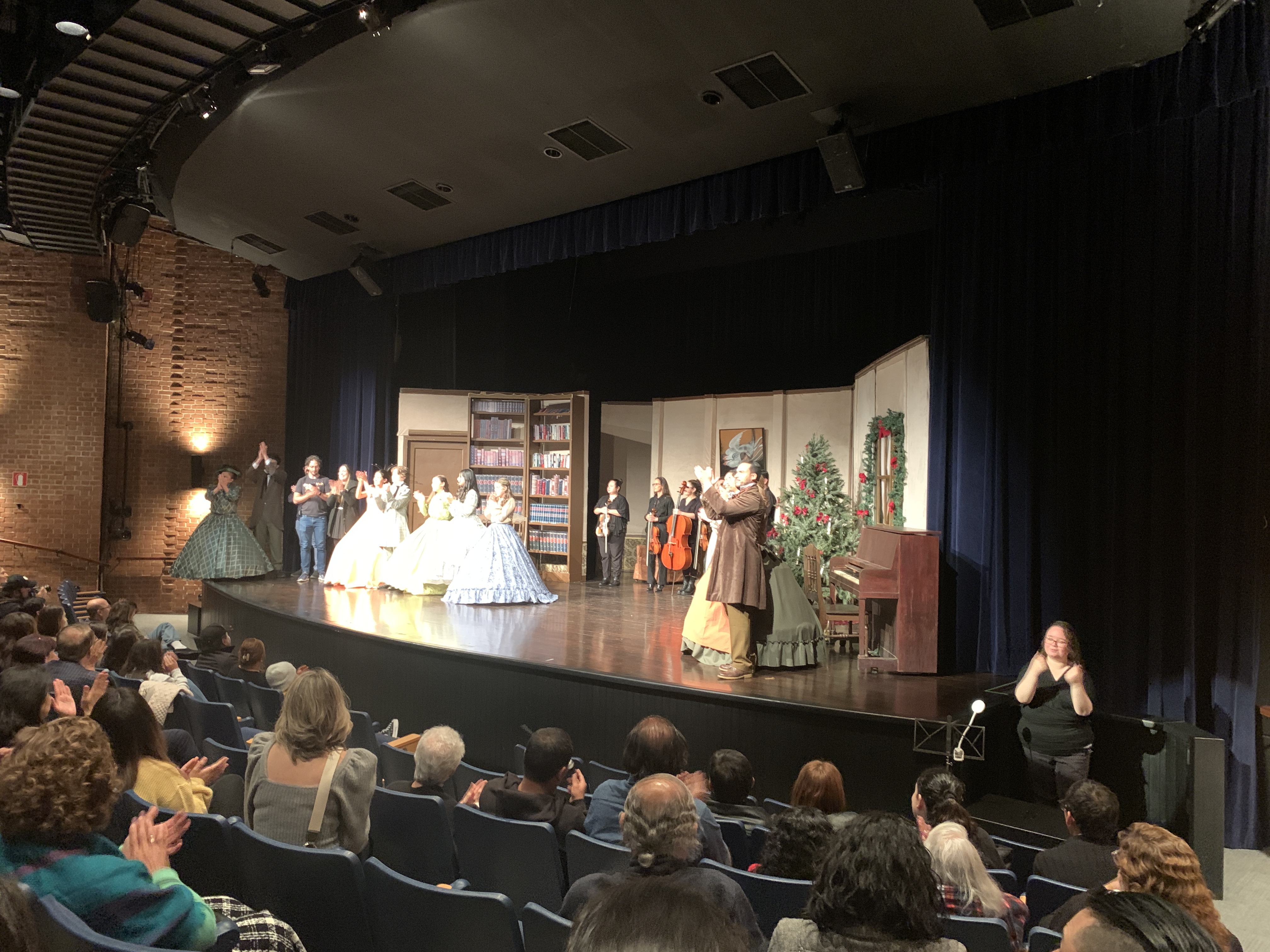 Second Pilot of the Accessible Theatre Project with the musical "Little Women". A photo of the audience clapping during the end credits and an interpreter on the left hand side of the stage.
Second Pilot of the Accessible Theatre Project with the musical "Little Women". A photo of the audience clapping during the end credits and an interpreter on the left hand side of the stage.
We deeply thank Escenarte, the volunteers, Social Tickets, Banco Industrial, which provided the FM devices, the media, disability organizations, and all individuals or institutions that collaborated in one way or another to make this dream of inclusion a reality in our country.
What's next? Start building accessible platforms, ticketing services, providing devices, and sharing more accessible content! If you want to support these projects, write to [email protected].
More theater for everyone!




